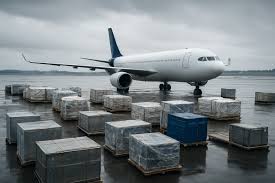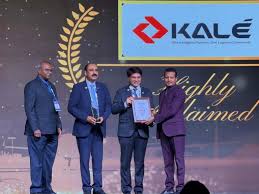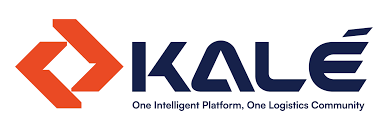Indrani Chatterjee, Group CHRO, Allcargo Group,delves into the vital role of education in shaping the future of cargo and logistics. From emerging technologies to fostering diversity, education-industry collaboration is key.

Collaboration between industry and educational institutions is crucial to bridging the skills gap in logistics.
In addressing the role of education in shaping the future of cargo and logistics, Indrani Chatterjee highlights the pressing demand for qualified workers in the industry, exacerbated by a talent shortage and the evolving technological landscape. With reports indicating a significant increase in technology investments by supply chain executives, there’s a clear recognition of the need for skilled talent to drive innovation. Chatterjee emphasizes the pivotal role of education in equipping individuals with the necessary skills, including adaptability and agility, to navigate the dynamic industry terrain. As globalization accelerates and technology continues to evolve, educational institutions play a crucial role in preparing the workforce to tackle tomorrow’s challenges and capitalize on emerging opportunities in the logistics sector.
Tech integration
In the rapidly evolving logistics landscape, emerging technologies like blockchain, IoT, and AI, along with autonomous vehicles and drones, promise to revolutionize operations. Universities in India are adapting, offering specialized programs empowering students with expertise in these areas, ensuring they’re equipped to tackle industry demands and drive innovation. With curricula tailored to address contemporary challenges, students delve into supply chain management, transportation logistics, and warehouse operations, among others. This proactive approach ensures graduates are not just well-versed in traditional practices but are also adept at leveraging cutting-edge technologies, thus contributing significantly to the future of the industry.
Industry partnerships
Collaboration between industry and educational institutions is crucial to bridging the skills gap in logistics. Leading organizations like CSCMP stress this partnership to ensure workforce readiness. Partnerships with prestigious institutions like IITs and IIMs provide students with real-world exposure through tailored curricula, guest lectures, and internships. Diversity and inclusion also play pivotal roles in fostering innovation in logistics. Despite being male-dominated, initiatives like Allcargo’s RESTART program aim to empower women, with impressive results—achieving a 33 percent female workforce. Such initiatives not only reflect a commitment to diversity but also serve as core corporate social responsibility endeavours. Embracing diversity and collaborating with academia are essential strategies for shaping a skilled and inclusive workforce poised to meet the challenges of tomorrow’s logistics industry.
Conclusively, the collaboration between education and industry, coupled with a focus on technology integration and diversity, is paramount for nurturing a skilled and inclusive workforce essential for the future success of the logistics sector.











